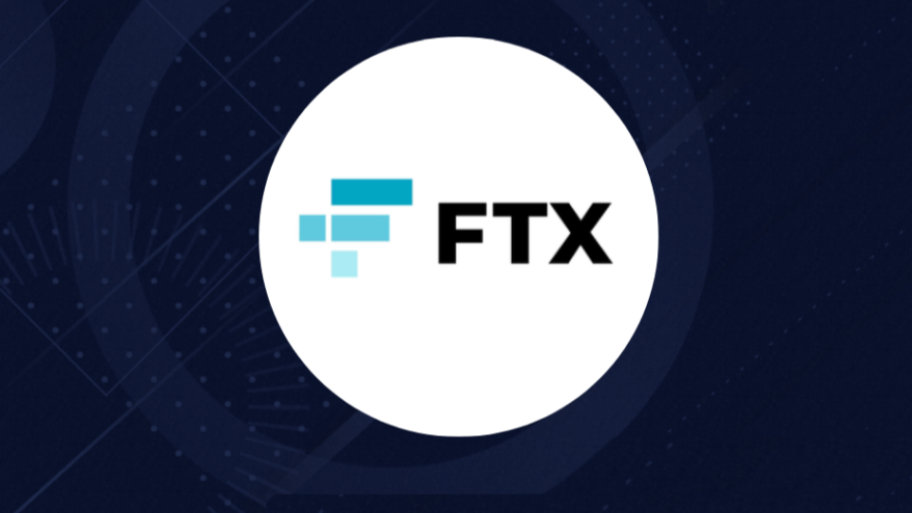FTX, formerly the world’s second-largest cryptocurrency exchange, has abandoned efforts to restart its operations.
Speaking at a bankruptcy court hearing in Delaware, the company’s attorney Andy Dietderich said that FTX had been negotiating with potential bidders and investors for months but none were willing to put in enough money to rebuild the exchange.
He said that the failed negotiations underscored that founder Sam Bankman-Fried had never built the underlying technology or administration necessary to run FTX as a viable business
The company collapsed in late 2022 after it emerged that Bankman-Fried had effectively used the exchange as his own personal piggy bank and had made himself into a billionaire by using the deposited funds of customers. Bankman-Fried was convicted of multiple fraud charges and is scheduled for sentencing in late March. He could face a maximum of more than 100 years behind bars.
In court, Dietderich said: "FTX was an irresponsible sham created by a convicted felon. The costs and risks of creating a viable exchange from what Mr. Bankman-Fried left in a dumpster were simply too high."
The company will now focus on liquidating its assets to repay customers whose assets were locked upon its bankruptcy filing. The lawyer said that FTX has recovered over $7 billion, and that it has reached agreements with various government regulators who will wait until customers are fully repaid before attempting to collect on about $9 billion in claims.
The issue has also been exacerbated by the significant rise in Bitcoin’s value since the assets were frozen in November 2022. Former customers have argued that they should receive the current value of their previously held Bitcoin. The US bankruptcy judge overseeing has waived those claims away, stating that he has “no wiggle room” and that the debts must be repaid based on their value at the date at which FTX filed for bankruptcy.
Latest News
-
Gemini to cut quarter of workforce and exit UK, EU and Australia as crypto slump forces retrenchment
-
Bank ABC’s mobile-only ila bank migrates to core banking platform
-
Visa launches platform to accelerate small business growth in US
-
NatWest to expand Accelerator programme to 50,000 members in 2026
-
BBVA joins European stablecoin coalition
-
eToro partners with Amundi to launch equity portfolio with exposure to ‘megatrends’
Creating value together: Strategic partnerships in the age of GCCs
As Global Capability Centres reshape the financial services landscape, one question stands out: how do leading banks balance in-house innovation with strategic partnerships to drive real transformation?
Data trust in the AI era: Building customer confidence through responsible banking
In the second episode of FStech’s three-part video podcast series sponsored by HCLTech, Sudip Lahiri, Executive Vice President & Head of Financial Services for Europe & UKI at HCLTech examines the critical relationship between data trust, transparency, and responsible AI implementation in financial services.
Banking's GenAI evolution: Beyond the hype, building the future
In the first episode of a three-part video podcast series sponsored by HCLTech, Sudip Lahiri, Executive Vice President & Head of Financial Services for Europe & UKI at HCLTech explores how financial institutions can navigate the transformative potential of Generative AI while building lasting foundations for innovation.
Beyond compliance: Building unshakeable operational resilience in financial services
In today's rapidly evolving financial landscape, operational resilience has become a critical focus for institutions worldwide. As regulatory requirements grow more complex and cyber threats, particularly ransomware, become increasingly sophisticated, financial services providers must adapt and strengthen their defences. The intersection of compliance, technology, and security presents both challenges and opportunities.
© 2019 Perspective Publishing Privacy & Cookies













Recent Stories